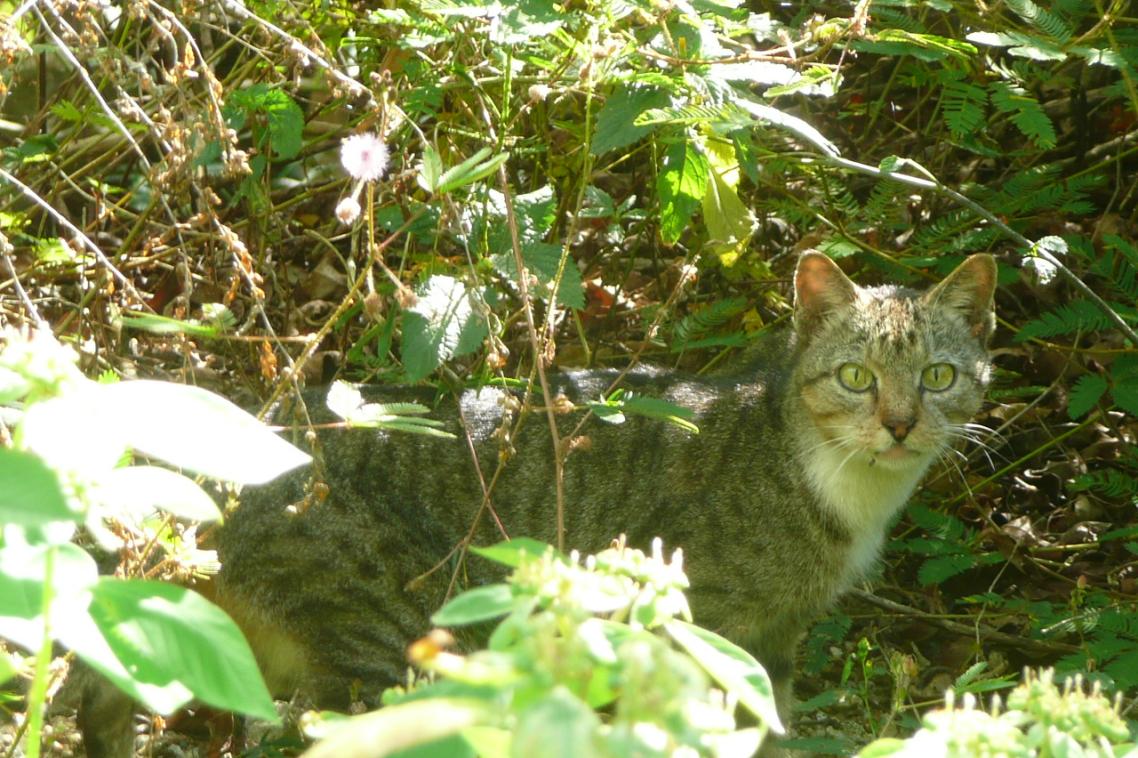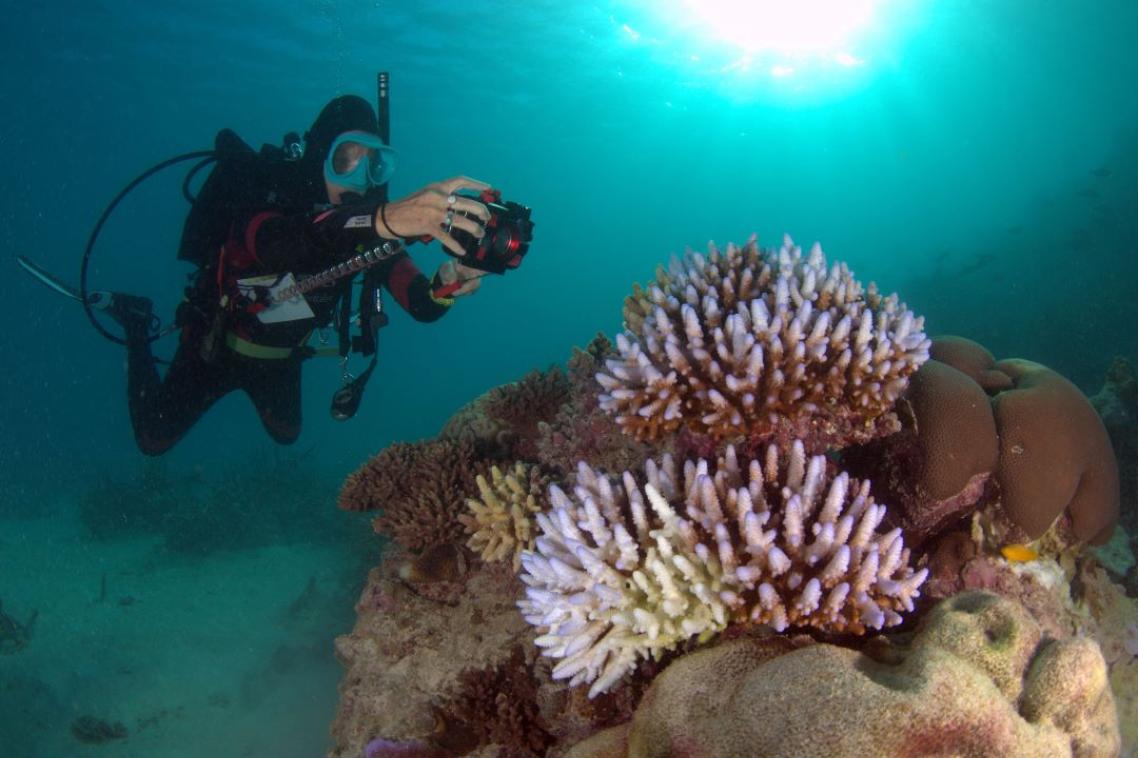Cat eradication to help threatened Christmas Island wildlife

UQ researchers are undertaking research on the potential effects of cat eradication on an island.
Parks Australia and the WA Department of Biodiversity Conservation and Attractions (DBCA) are leading a project to eradicate feral cats on Christmas Island, something very few populated islands in the world have successfully achieved.
UQ School of Earth and Environmental Sciences researcher Dr Eve McDonald-Madden is supporting the project with research to ensure the cat eradication does not produce any unintended impacts on wildlife.
“On other islands, cat eradication programs have sometimes had unexpected negative flow on effects,” Dr McDonald-Madden said.
“Each island is unique, but in some cases a reduction in cats has led to an increase in feral rats or other invasive species, which can also be a big problem for native wildlife.
“Our research is looking at these potential consequences – such as the impact rats have on nesting sea birds and forest birds – and how this could change as cat numbers reduce.”
Dr McDonald-Madden said the research team, led by the Australian Government’s Threatened Species Recovery Hub, will work with Christmas Island National Park managers and DBCA to predict and avert potential problems.
“Overall this will ensure that threatened species on Christmas Island will get the maximum possible benefit from the cat eradication,” she said.
Feral cats remain a key threat for many species on the island, as it is a site of international conservation significance and home to many unique species found nowhere else in the world.
Christmas Island National Park Manager Scott Suridge said feral cats are very efficient predators and have been a major problem for many of the island’s threatened species.
“We’ve made significant inroads into the feral problem, by first removing over 950 stray cats living around the township, and getting community support for a program of mandatory registration and desexing of per cats,” Mr Suridge said.
“We’ll continue to work hard with our partners to ensure we remain on track with the aim of ridding the rest of the island of feral cats by 2020.”
Media: UQ Communications, communications@uq.edu.au, +61 7 3365 1120; Parks Australia Media Manager Mark Sawa, mark.sawa@environment.gov.au, +61 2 6274 1276, +61 416 911 968.
Related articles

Thousands of Queensland reef photos lead to worldwide change

From war-torn Liberia to the UQ Law School: a graduate’s inspiring family legacy
Media contact
UQ Communications
communications@uq.edu.au
+61 429 056 139
